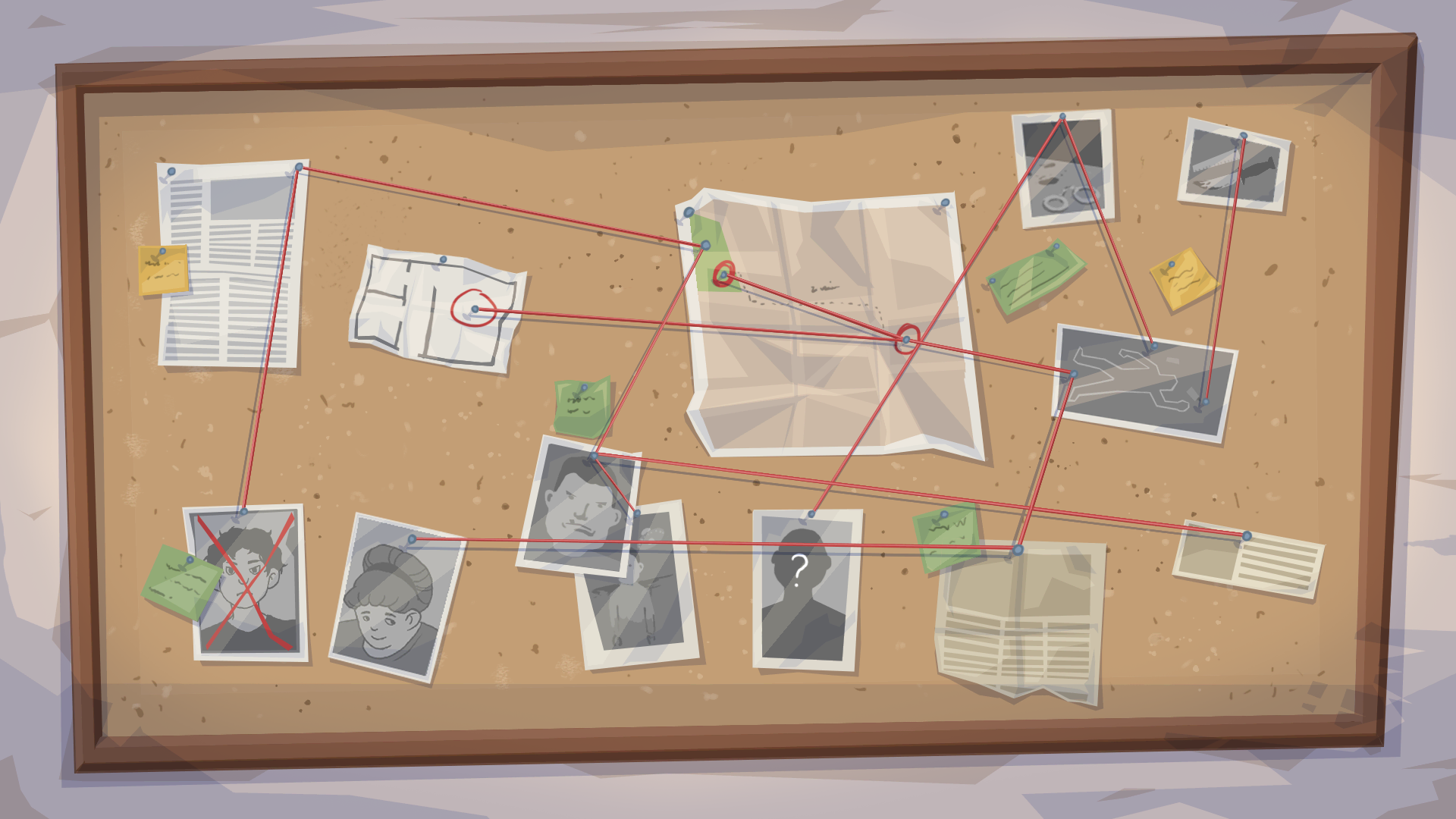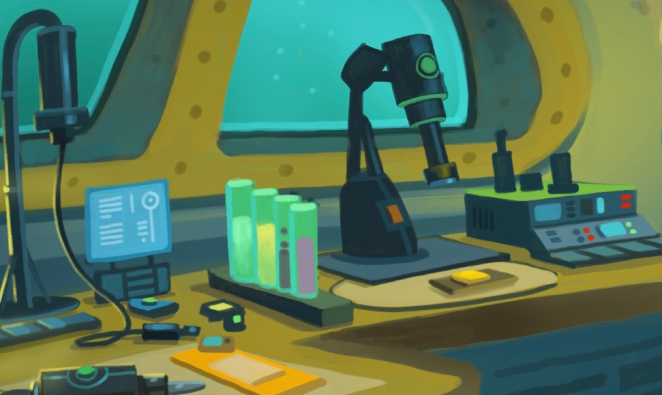Gamabilis and its vision
of the impact of video games
Since 2019, Gamabilis has been developing a research programme about the impact of video games. As a result of this programme, Gamabilis has been awarded the Jeune Entreprise Innovante (New Innovative Company) label.
Food for thought
Summed up by 3 key questions in constructing the concept of the impact video game:

What is the desired impact?
What is the end objective of this game?
This initial response needs to be followed up to understand, inform, raise awareness and mobilise…

Who are the stakeholders and what are their respective expectations?
Who is the core target audience for this game?
Who is the target audience? Which experts should be involved?

What is the context of the game?
Where are we going to play it?
Once or multiple times?
For how long?
On your own, in a group or with somebody hosting it?
There are several temptations we have to resist:
Making a game for the commissioning (and often funding) organisation, making a game for people who are already good at it and making a game based on a preconceived idea of gameplay (game mechanics).
When Gamabilis was asked to think about a game dealing with the theme of health and sexual behaviour for 15 to 25 year-olds, the decision was to go for a narrative game (so we had more nuance options in a subject that is often taboo) and a mobile game so you could play individually (Summertime, l’été des choix).As with the game L’Île aux 93 dragons, in addition to the message, the focus is on the impact and use of psychosocial skills as a vehicle for conveying a message to the target audience in a non-normative way.
When the idea of a game based on the agro-ecological transition was first mooted, it was only after it had been presented as a systemic transition that it became clear that the game would require long sessions of play. This led to the development of a strategy-management game (Roots Of Tomorrow) for PC/Mac ((later ported to mobile).

Gamabilis sequenced throughout the production of the game
Designing for the impact,
The work focuses on the nature of the desired impact, which is to improve understanding, raise awareness and mobilise people. This identification and design work is generally conducted in collaboration with the organisation commissioning the game. It is supplemented by a survey, mainly of the target audience and experts. At the design stage, it is also important to plan ahead for measurement indicator requirements.
Generating the impact,
This starts with publication and distribution to the main target audiences. We need to ensure that the data necessary for measurement has been collected and identify any biases in the populations recruited for the detailed impact study.
Evaluating the impact,
It is essential to stay on a level with the target audience as much as possible. The Gamabilis method combines qualitative aspects (participative observation, before and after questionnaires) and quantitative aspects on a larger scale. This evaluation can also cover a number of different perspectives: during or just after the game sequence, a few weeks later, a few months later, etc.

For 3 years,
Hélène Birlouez worked at Gamabilis on her CIFRE thesis entitled ‘Assessing the performativity of Serious Games: analysing the impact of the videogame experience on behaviour’.
Working at Gamabilis enabled her to combine theory work on the impact of video games with player observations and experimentation during certain productions.
Hélène Birlouez is based at the CERLIS (Centre de Recherche sur les Liens Sociaux) and is supervised by Emmanuelle Savignac.







